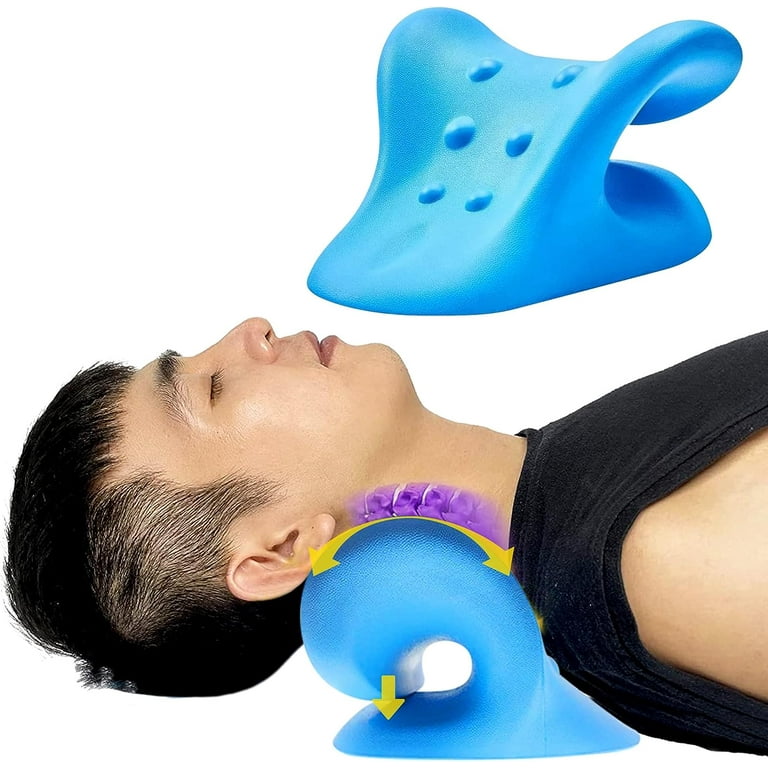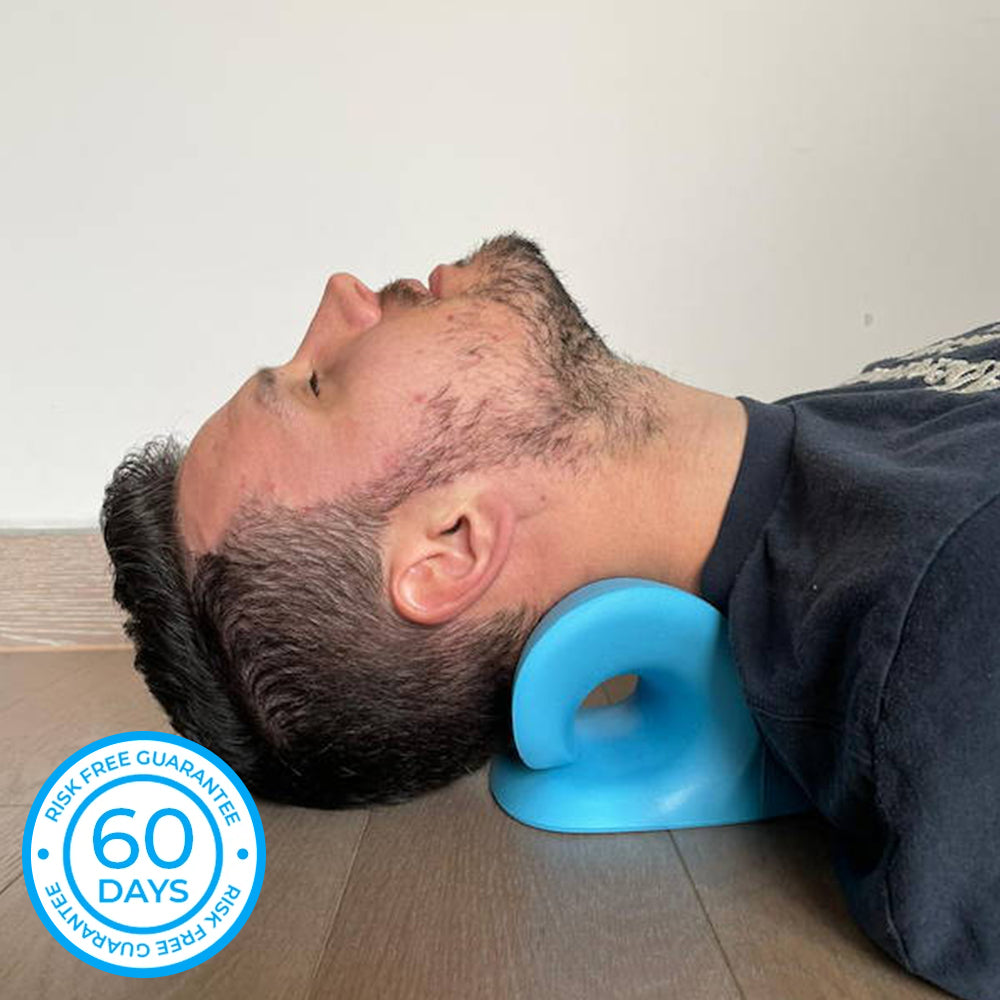The Effect of Anxiety on Neck Pain: Techniques for Lowering Tension and Discomfort
In today's hectic world, it's obvious that stress and anxiety has become a common consider the beginning and exacerbation of neck pain. The elaborate partnership in between anxiety and muscle mass stress frequently leaves individuals seeking remedy for the pain that occurs. By discovering targeted methods focused on minimizing tension and promoting relaxation, one can start to deal with the origin triggers of neck discomfort and job in the direction of a much more balanced state of wellness. Join us on a journey to decipher the influence of tension on neck discomfort and discover effective ways to ease pain and improve general quality of life.
Recognizing Stress-Related Neck Pain
Stress-related neck pain can show up as stress, stiffness, or discomfort in the neck and shoulder area. The connection between stress and neck pain lies in the body's physiological reaction to stress and anxiety, which can result in muscular tissue stress and rigidity in the neck muscular tissues.

Identifying Common Tension Locations
One typical tension area is the neck, where anxiety usually shows up literally. Stress frustrations, tight neck muscles, and limited array of activity are usual signs of stress-related neck tension. Being aware of these common stress locations can assist individuals recognize the physical signs of stress and take actions to resolve them prior to they intensify into persistent discomfort or pain.
Carrying Out Relaxation Techniques
To efficiently manage stress-related tension in the body, applying leisure methods is vital. Relaxation methods are valuable devices for lowering neck discomfort brought on by stress. Deep breathing workouts can aid soothe the mind and unwind tense muscular tissues in the neck and shoulders (neck cloud). Exercising mindfulness meditation can additionally be beneficial in relieving anxiety and promoting leisure. Dynamic muscular tissue leisure, where you systematically stressful and afterwards loosen up various muscle teams, can release built-up tension in the neck area. Additionally, tasks like yoga and tai chi include both physical motion and leisure, making them effective techniques for decreasing stress and anxiety and neck discomfort. Taking normal breaks throughout the day to stretch and take a break can avoid muscular tissue stiffness and stress from accumulating. By integrating these leisure techniques right into your day-to-day Website routine, you can assist take care of tension degrees, lower tension in the neck, and relieve discomfort connected with stress-induced neck discomfort.
Integrating Self-Care Practices
Including self-care practices is necessary for preserving total wellness and handling stress-related neck discomfort properly. Taking part in regular physical activity, such as gentle stretching workouts or yoga, can help minimize stress in the neck and shoulders. Exercising great pose throughout the day and taking constant breaks from long term resting or screen time can also avoid stress on the neck muscle mass.
Moreover, focusing on ample rest and developing a regular rest regimen can add substantially to minimizing anxiety levels and promoting leisure. Developing a soothing bedtime routine, such as reviewing a publication or taking a warm bath, can aid prepare the mind and body for peaceful sleep. Additionally, maintaining a well balanced diet regimen abundant in nutrients and staying hydrated can sustain general health and wellness and reduce swelling that may aggravate neck discomfort.
Incorporating mindfulness practices, such as deep breathing workouts or meditation, can aid handle tension and advertise relaxation. Taking time for oneself, involving in hobbies, and establishing boundaries to shield personal time are additionally crucial aspects of self-care that can add to decreasing stress and anxiety and relieving neck pain.
Looking For Expert Aid
Exactly how can people successfully address relentless neck pain that is affecting their day-to-day live and wellness? Looking for professional aid can be a vital step in managing and relieving neck pain. Consulting with medical care professionals such as chiropractic practitioners, physiotherapists, or orthopedic specialists can give important understandings and personalized treatment strategies. These professionals can carry out detailed assessments to identify the underlying sources of neck pain and suggest ideal treatments.
Chiropractors specialize in spinal control methods to enhance positioning and minimize stress in the neck location. Physical specialists offer targeted stretches and exercises to strengthen muscles, enhance versatility, and improve total neck feature. Orthopedic experts can supply innovative clinical treatments such as shots or medical choices for serious situations of neck discomfort.
Verdict

Stress-related neck pain can materialize as stress, stiffness, or discomfort in the neck and shoulder area. The link in between anxiety and neck discomfort exists in the body's physical action to stress and anxiety, which can result in muscular tissue stress and rigidity in the neck muscular tissues. Stress frustrations, tight neck muscular tissues, and limited variety of activity are usual signs of stress-related neck stress. By integrating these relaxation methods into your daily routine, you can aid manage stress levels, reduce stress in the neck, and relieve pain linked with stress-induced neck discomfort.
